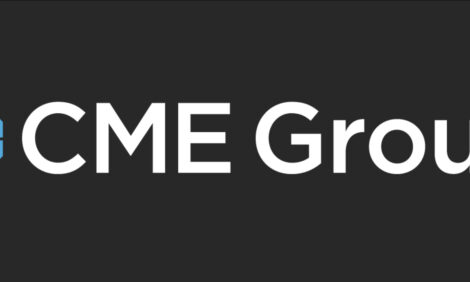



House Ag Committee Compromise Improves COOL Law for Cattlemen
US - Thursday night, the U.S. House Agriculture Committee advanced a compromise provision that addresses the mandatory country-of-origin labeling (COOL) requirements for beef and many other meat products, set to take effect in September of 2008.While it will not repair all shortcomings in the COOL law, the National Cattlemen’s Beef Association (NCBA) says the compromise measure makes many improvements for the nation’s cattlemen.
“While others were content to let a flawed law take its toll on cattlemen, we kept working for improvements. Last night, those efforts paid off to some degree.”
Jay Truitt, NCBA vice president of government affairs.
“We support the concept of country-of-origin labeling, but NCBA has contended for many years that a poorly written COOL law will be harmful to the U.S. cattle industry,” says Jay Truitt, NCBA vice president of government affairs. “While others were content to let a flawed law take its toll on cattlemen, we kept working for improvements. Last night, those efforts paid off to some degree.”
The version of COOL approved by the House Ag Committee will distinguish beef from cattle exclusively of U.S. origin from imported beef, as well as from domestic beef that is blended with imported product and beef from cattle born in another country but fed and processed in the United States. But the measure greatly eases U.S. cattlemen’s concern that proving the origin of their cattle would require burdensome record-keeping.
“Our top priority from the beginning has been that the benefits of COOL must outweigh the costs for cattle producers,” said Truitt. “We took some major steps in that direction last night.”
He cautioned, however, that the latest version of COOL is far from perfect. Poultry is still completely exempt from all requirements imposed on beef, pork and lamb. This is a major disappointment for cattlemen, because poultry is beef’s primary protein competitor in the consumer marketplace.
“Perhaps when COOL takes effect, consumers will wonder why beef is labeled, but not chicken. Cattlemen have been wondering that same thing throughout this process,” Truitt said.
Cattlemen’s final objection to the COOL law is the misconception that it will address food safety issues. NCBA President John Queen, a North Carolina cattle producer, said labeling is not a solution to recent safety problems with imported foods.
“Any product that does not meet the health and safety standards of the United States should not be sold here – period,” Queen said. “Don’t put an ‘eat-at-your-own-risk’ label on it. It has no place on our stores shelves. Turn it away at the border, or throw it out.”
TheCattleSite News Desk


